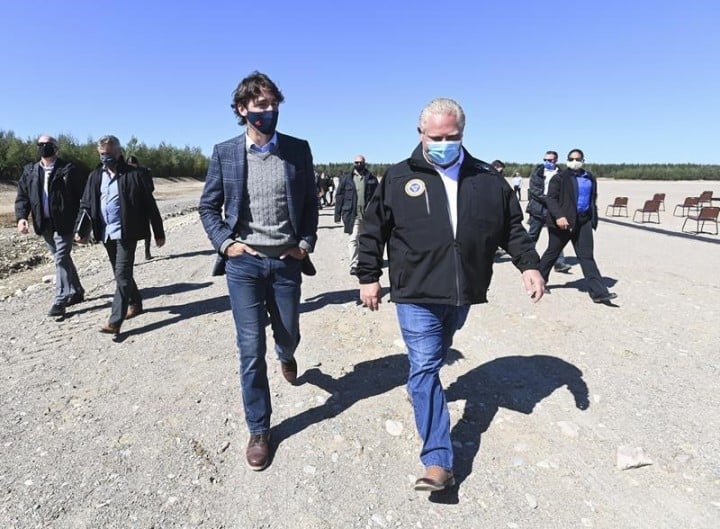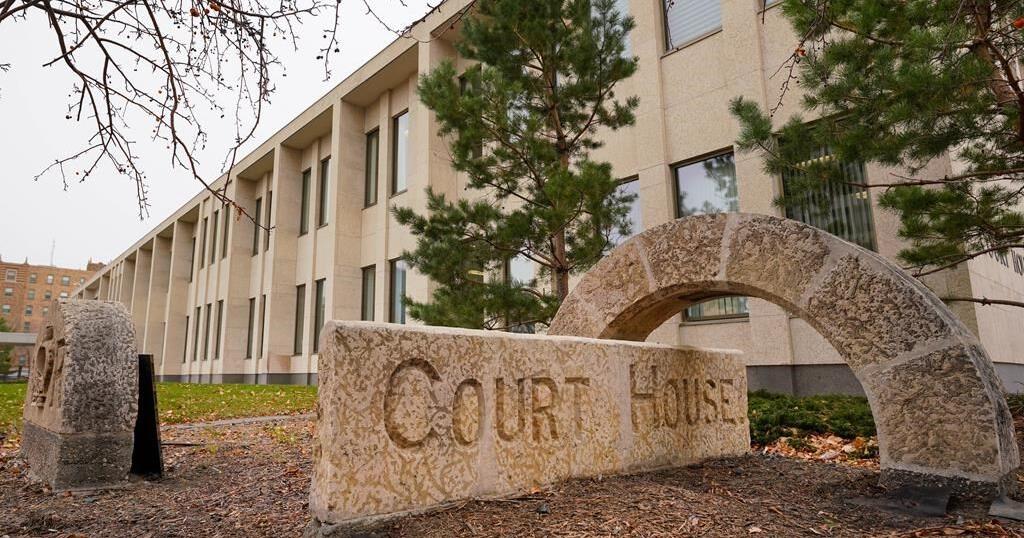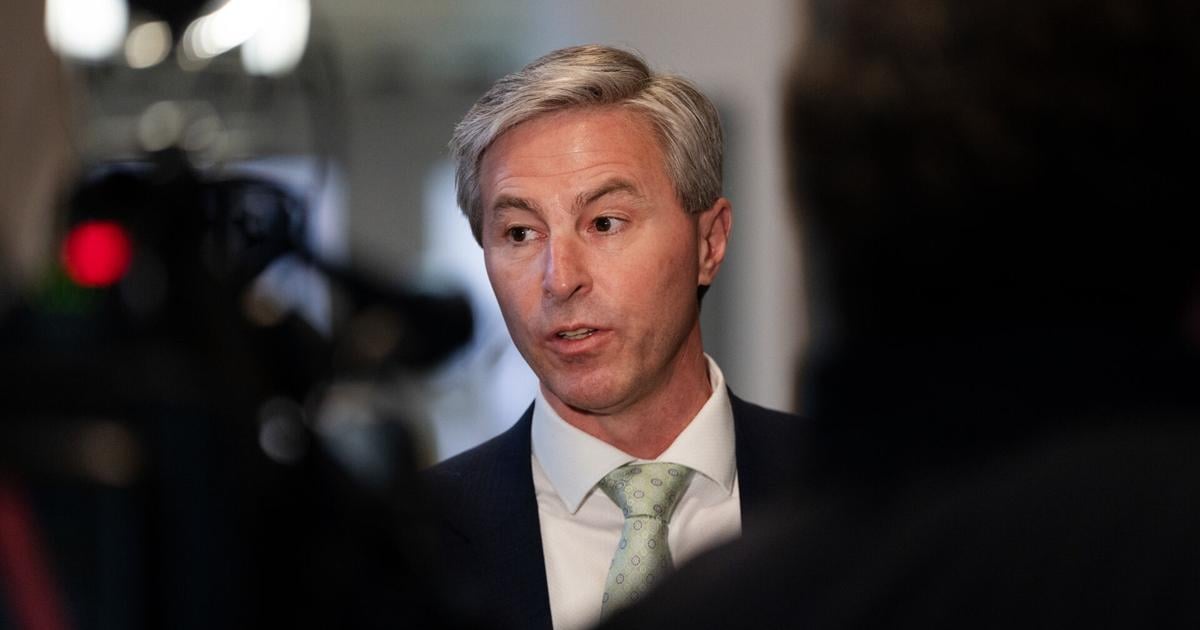OTTAWA — Ontario signed a $10.2 billion child-care deal with the federal government Sunday that will cut child-care fees in the province in half by the end of the year.
Prime Minister Justin Trudeau and Premier Doug Ford will announce the deal Monday in the Greater Toronto Area, according to sources from both governments with knowledge of the negotiations.
They all spoke to The Canadian Press on the condition they not be named due to the sensitive nature of the talks.
The Ontario deal is the last one needed to fulfil Prime Minister Justin Trudeau’s pledge to bring child-care fees down to an average of $10 a day in every province and territory by the end of 2026.
The 2021 federal budget earmarked $30 billion over five years to set up a long-promised but never delivered national child-care program.
Ontario was holding out for more money and while they didn’t get that, provincial sources say they secured more flexibility in when the funds are spent, which will allow them to hit the target of lowering fees to an average of $10 a day.
As well, they secured a review mechanism in year three that lets them provide an updated costing model and ask for more money to account for any shortfalls.
The five year child-care program was to include $1 billion for Ontario in year one, which is 2021-22. Since that fiscal year ends in four days, the federal government is allowing them more flexibility to push most of that spending into future years.
As part of the deal, Ontario will cut its fees an average of 50 per cent by the end of December, create 86,000 new spaces in child care by the end of the five years and set new minimum-wage floors for child-care workers of $18 an hour for staff and $20 an hour for supervisors.
Those wages will rise $1 an hour each year until the floor hits $25 an hour.
The spaces must be in licensed care and priority is to be given to public or not-for-profit spaces, but the agreement does not leave private, for-profit centres out entirely.
At least one fifth of Ontario’s child-care spaces are run by private, for-profit corporations, and some of the highest fees are charged in the province.
The Canadian Centre for Policy Alternatives also reported that in 2019, Toronto had the highest median child-care fees for infants and toddlers, at $1,774 and $1,457 a month respectively.
Preschool fees were highest in Iqaluit $1,213, followed by Oakville, Ont., at $1,210 and Toronto at $1,207.
In Quebec, which created a universal child-care program in 1997, parents paid a median of $179 a month across all age groups.
The federal government estimated last year that cutting fees to an average of $10 a day in Ontario would save an average of $7,300 per child.
Ontario is the last province or territory to join the national plan. Seven provinces and Yukon jumped on board in July and August, before the federal election was called. Alberta joined in November, New Brunswick and Northwest Territories in December, and Nunavut at the end of January.
When the Nunavut deal was finalized Ford said an agreement with his government was “very, very close” but it took two more months to get it done.
One of Ontario’s biggest demands was an assurance the federal funding would not disappear after the initial five-year term, leaving provinces on the hook for very expensive programming.
There was already such a promise in the 2021 budget, which said the funding for this program after the initial five years would be $9 billion annually.
Provincial sources said they secured a sixth year of funding that gives Ontario “peace of mind” that the program won’t end after the life of the deal.
Ontario also wanted credit or additional funding to account for its $3.6 billion, full-day kindergarten program for children ages four and five. It’s one of the few provinces to have that, but Families Minister Karina Gould, who negotiated the deal for the federal government, was adamant that kindergarten was outside the scope of the negotiations.
Ottawa allotted each province a per-capita share of the budgeted funding for the child-care agreements based on the population of children in each province. That amounts to $10.2 billion for Ontario.
The deals share the aim of fees being an average of $10 a day by the end of the 2025-26 fiscal year, with an initial cut to fees of 50 per cent this year. But they also reflect the reality of individual provinces existing child-care programs, including in Quebec.
That province already has $8.50 per day spaces in regulated child-care centres, so its agreement was largely to expand and help fund that program, including 22,000 more spaces in it.
Across the board, the deals should add more than 250,000 subsidized, licensed child-care spaces across Canada within the next four years.
The federal official also said Gould has heard from more than one province that they are struggling to pay for expansions needed so child care centres can accommodate additional children. Discussions about funding child care infrastructure may be next but are not part of this deal, they said.
Susan Prentice, a sociology professor at the University of Manitoba and a member of the federal expert panel on early learning and child care, said making child care more affordable is a huge deal for parents.
She said that for some parents, it will open up the possibility of being able to afford child care at all.
But the cost is only one part of the puzzle of ensuring accessible, safe and quality child care, Prentice said and implementation will be key.
“A deal alone is just the first step.”
This report by The Canadian Press was first published March 27, 2022.
Mia Rabson and Allison Jones, The Canadian Press
Related























